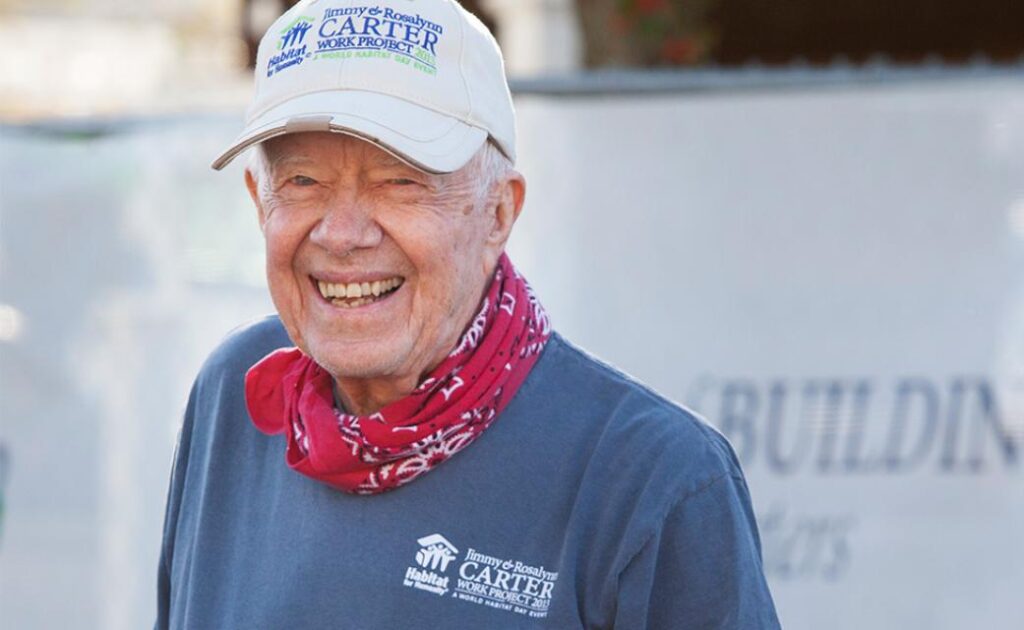Habitat for Humanity mourns the death of former U.S. President Jimmy Carter

ATLANTA (December 29, 2024) — Habitat for Humanity joins the world in mourning the death of former U.S. President Jimmy Carter. A champion for affordable and decent housing, he and Rosalynn Carter donated their time and leadership each year to build and improve homes with Habitat around the world. President Carter died peacefully Sunday, Dec. 29, at his home in Plains, Georgia, surrounded by his family.
“We are deeply saddened by President Carter’s passing, and our prayers are with the Carter family,” said Jonathan Reckford, CEO of Habitat for Humanity International. “President and Mrs. Carter began volunteering with Habitat for Humanity near their home in southwest Georgia more than 40 years ago, and soon brought worldwide attention to the need for decent and affordable housing. We are grateful for the incredible impact the Carters have had on Habitat and on the families who have benefited from their shining example. The Carters put Habitat for Humanity on the map, and their legacy lives on in every family we serve around the world.”
After leaving the White House, the Carters sought out meaningful ways to continue their commitment to social justice and basic human rights. They first volunteered with Habitat for Humanity in Americus, Georgia, near their home of Plains, in March 1984. Later that same year, the Carters joined Habitat volunteers in New York City’s Lower East Side to renovate an abandoned building in partnership with families in need of affordable housing. That trip marked Habitat for Humanity’s first Jimmy Carter Work Project (later renamed the Jimmy & Rosalynn Carter Work Project). Each year since then until 2019, the Carters volunteered with Habitat to build or improve houses alongside homeowners in communities across the United States and around the world. President Carter also served as a member of the organization’s board of directors from 1984-1987.
“I think every human being has within himself or herself a desire to reach out to others and to share some of our blessings with those who are in need,” President Carter has said. “What’s opened up that avenue for me and my wife and hundreds and thousands of others is Habitat for Humanity. It makes it easy for us to reach out and work side by side with the homeowner who’s never had a decent house, perhaps. I haven’t been on a Habitat project that I wasn’t thrilled and inspired and wept.”
Over the last three decades, the Carter Work Project has touched lives around the world by inspiring more than 108,000 volunteers across the U.S. and in 14 countries to build, renovate and repair 4,447 Habitat homes. Since its founding in 1976, Habitat has served more than 62 million people around the world.
In 2016, Habitat named President and Mrs. Carter as the inaugural Habitat Humanitarians for their extraordinary dedication to service in alignment with Habitat’s vision of a world where everyone has a decent place to live.
Habitat for Humanity will be celebrating President Carter’s life of service with local observances. To learn more or to share a tribute, visit habitat.org.
For photos and videos of President and Mrs. Carter volunteering with Habitat for Humanity, visit habitat.ngo/cwpphotos.
About Habitat for Humanity
Driven by the vision that everyone needs a decent place to live, Habitat for Humanity found its earliest inspirations as a grassroots movement on an interracial community farm in south Georgia. Since its founding in 1976, the Christian housing organization has since grown to become a leading global nonprofit working in local communities across all 50 states and Puerto Rico in the U.S. and in more than 70 countries. Families and individuals in need of a hand up partner with Habitat for Humanity to build or improve a place they can call home. Habitat homeowners help build their own homes alongside volunteers and pay an affordable mortgage. Through financial support, volunteering or adding a voice to support affordable housing, everyone can help families achieve the strength, stability and self-reliance they need to build better lives for themselves. Through shelter, we empower. To learn more, visit habitat.org.

